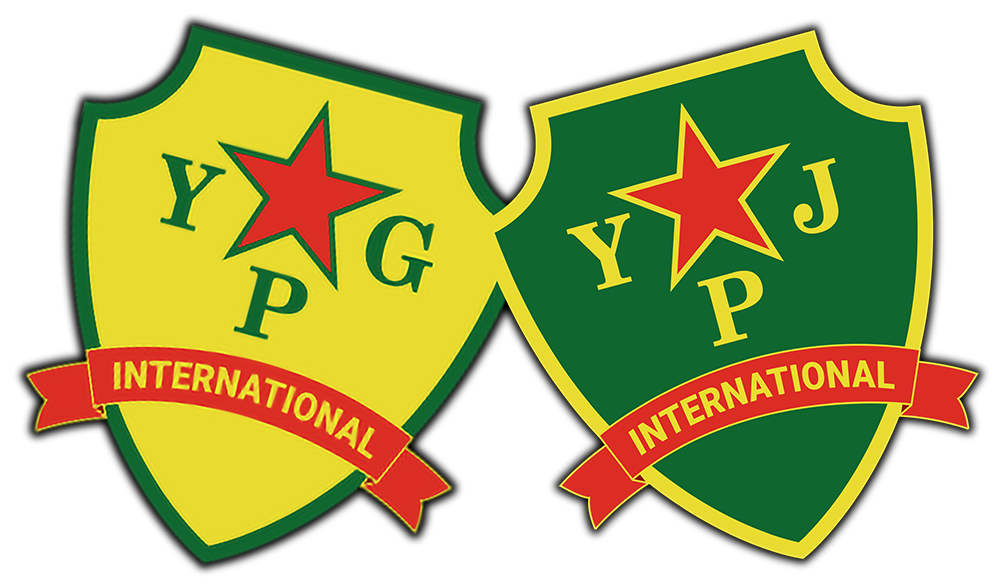Becoming a women’s army to reclaim our gender identity
Rêber Apo
Transitioning from the women’s movement to the establishment of a women’s army marks a crucial step toward liberation. Even in a general sense, it is evident that in a society where men exclusively wield all weapons, the balance inherently favors men. Globally, we recognize that armies constitute a fundamental source of political power, predominantly composed of men. The prevailing male dominance within the military not only symbolizes women’s subordination but also unmistakably mirrors their position in society; it cannot be said that the dominance of men in the armed forces is detached from their overarching control in society. It’s a reflection of a broader societal issue where male dominance contributes to the suppression of women. This pattern holds true not only for women but also for oppressed communities in general. A society with a powerful military tends to exert oppression over others.
The concept of an army or military force operating in a context of equality is nonexistent. Armies do not exist where equality is present, they emerge where inequality prevails; one represents the oppressed, while the other symbolizes the oppressors. The continual presence of male-dominated armies indicates the stark reality of completely oppressed women. Life’s realities confirm this observation. Therefore, even in a broad sense, we must recognize that women’s militarization signifies a fundamental value for equality. The phrase ‘becoming the women’s army’ is chosen because it embodies the most fundamental tool for achieving equality.
I am not only talking about the strictly military sense. In economics and various social institutions, addressing the profound issues of equality and freedom is impossible without women socially taking up arms, particularly in the field of culture. Observably, women, whose societal roles have been severely restricted, are generally discouraged from organizing and forming their own units due to their gender.
Women have been excessively atomized, distanced from social, economic, political, and military organization, reducing them to mere individuals. In this state, women appear pitiful, emotional, submissive, begging, imploring, and tether themselves to men with cheap emotions out of compulsion. The imbalance and inequality created by this permeate all social institutions, including the family, fostering wars and inequalities in society. The organization and institutionalization of the principles of the women’s army at every level are imperative for equality and freedom.
Becoming a women’s army is the process through which women reclaim their gender identity. It involves gaining self-awareness, willpower, inner strength, standards of acceptance and refusal, rights to their identity, understanding of beauty, and life force. It represents the freedom of gender, relationships, and life- a revival of lost love and beauty- and the elevation of stifled relationship levels to equal and free expressions.
Abdullah Öcalan, February 1995

